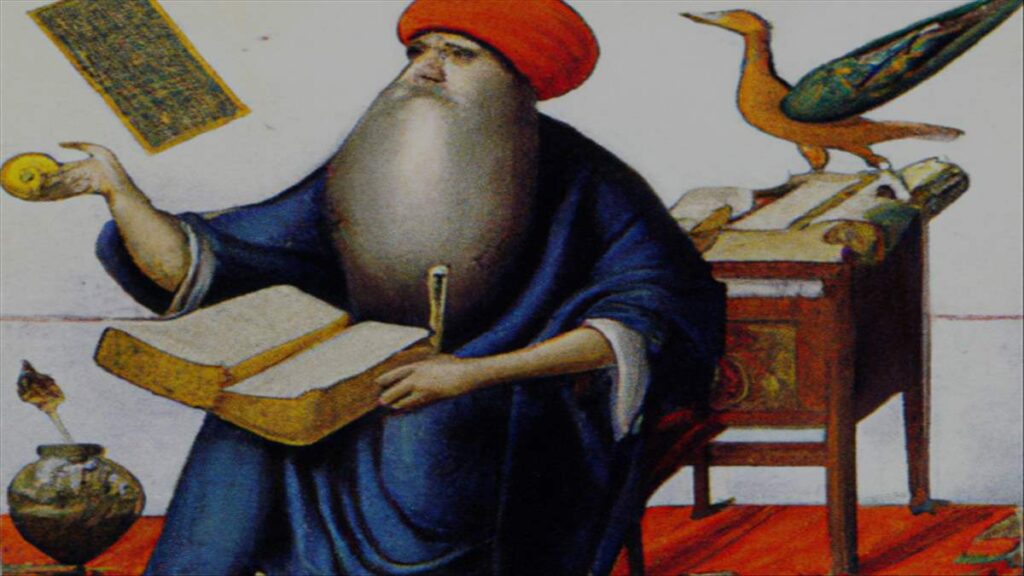Islamic Dream Interpretation – What Is Ibn Sirin?
Dream interpretation is an ancient practice that stretches back to the earliest recorded civilizations. In the Islamic faith, the interpretation of dreams is attributed to a 7th Century scholar known as Ibn Sirin.
The Life of Ibn Sirin
Ibn Sirin, otherwise known as Abul Husayn Aḥmad ibn ‘Ali ibn al-Mughirah al-Ḥasan ibs Sirin, lived in the city of Basra, in present day Iraq. Born in 654, Ibn Sirin was described as “one of the most prominent interpreters of dreams in the Islamic world.” He was the teacher of several prominent Muslim scholars of the time such as Abu Bakr ibn al-Sari and the renowned Islamic scholar many refer to as the father of the faith, Imam Abu Hanifa.
The Works of Ibn Sirin
Ibn Sirin is best known for writing a comprehensive book on the interpretation of dreams, titled Kitab al-Manam. In his book he compiled the interpretations from various sources, including Greek authors and astrologers, alongside his own work.
Other works attributed to Ibn Sirin include:
-
- Labayk Allahumma Labayk wa Lubbuk: This work is a compilation of hadiths of the Prophet Muhammad and moral advice
-
- The History of the Islamic Arabs: This is a collection of biographies and history of the Arabs until the 8th century
-
- The Meeting of the Two Greater Realms: This is a detailed account of the journey of the Prophet Muhammad to Jerusalem
The Legacy of Ibn Sirin
The works of Ibn Sirin remain, to this day, the most sought after source of information and guidance on dream interpretation in the Islamic faith, and remain widely quoted in that regard. He is remembered for his tireless dedication to his studies, and his impressive output in the field of dream interpretation.
To this day, a yearly festival is celebrated in Iraq to honor the life and works of Ibn Sirin. Through it, many are introduced to his incredible works on dream interpretation, and the influence of Ibn Sirin continues to be felt in the Islamic faith.
Islamic Dream Interpretation is a practice in which Muslims use dream symbolism to interpret the message from Allah contained in their dreams. The practice is believed to reach back to the seventh century with Ibn Sirin, one of the earliest known interpreters of dreams in Islamic history.
Ibn Sirin was born in 654 and lived in Medina. He was an accomplished scholar, producing works on Hadith, poetry and philosophy, but is most remembered today for his innovations in dream interpretation. His theories have strongly influenced Islamic dream interpretation practices to this day.
In Islamic practices, scholars use the guidelines set forth by Ibn Sirin as they interpret dreams. He believed each dream had two levels of interpretation – a literal and a symbolic one – and through his works he provided symbols and explanations for elements in the dream.
The symbol for a tree, for example, can mean a child or a woman depending on the type of tree and the dream context. A tree with no leaves can mean sadness, and a tall, stout tree can refer to a powerful man.
Another dream symbol Ibn Sirin developed is a mu’min, or believer in Allah. This can refer to a dreamer’s faith or, more generally to a “right-minded” person.
His works set out many of the dream interpretations commonly used today, along with innovative interpretations of his own. For instance, he believed that a dream which a Muslim shares with another person must be interpreted in a negative way.
Ibn Sirin’s influential interpretations form the basis of Islamic dream interpretation up to the present day. His works have been passed down through generations and are still used today in a variety of contexts, from Muslim households to in counseling and psychotherapy.
Joseph Bookman has specialized in dream interpretation for 25 years. With his deep understanding and thoughtful approach, he has helped countless people uncover the hidden meanings of their dreams. His expertise in ancient symbols and psychology allows him to blend traditional knowledge with modern understanding. His calm demeanor and wisdom make him a reliable guide for those seeking clarity and enlightenment through subconscious visions.

